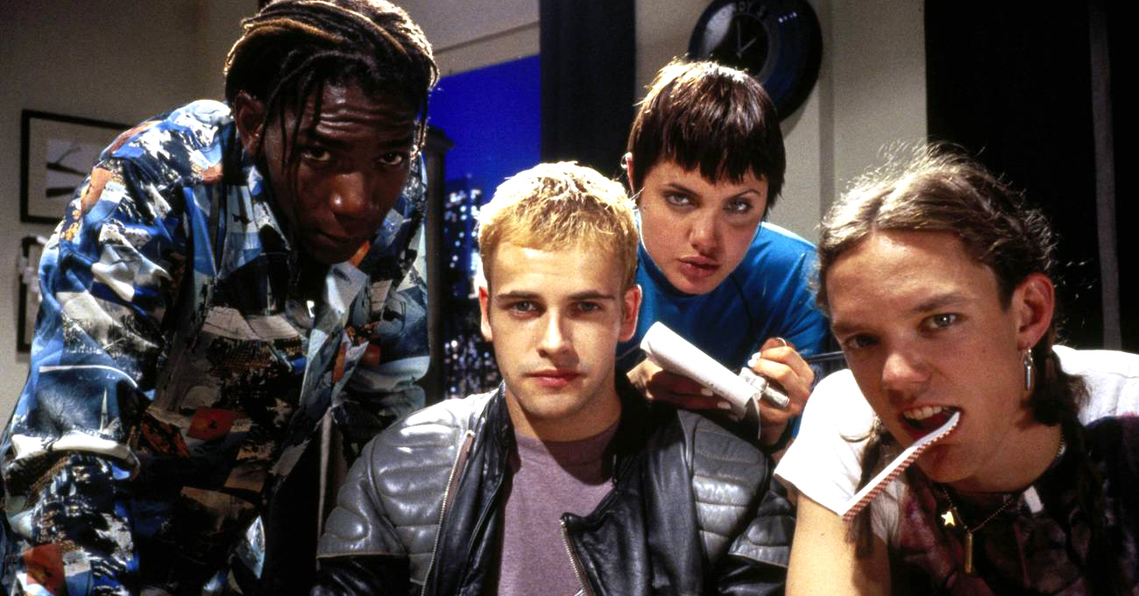
UMBC CSEE Seminar Series
Hacking, Security and Technology In Public Consciousness:
The Effects of Myth
Dr. Richard Forno
Assistant Director, UMBC Center for Cybersecurity
Director, UMBC Cybersecurity Graduate Program
1-2pm, Friday, 31 March 2017, ITE 231
Public portrayals of the digital landscape, particularly through the entertainment mass media and product marketing, can have a profound influence on how the general public perceives the strengths and limitations of technology. Over time, these images, stereotypes and dramatized capabilities are replicated across texts and repeated until, rightly or wrongly, they become the default paradigm for mass understanding of the complex and ever-changing modern technological environment.
For example, one only needs to observe legislative bodies or watch mainstream news media trying to come to understand issues such as encryption, cybersecurity, or even pluralistic applications of the term “to hack” to see just how deeply the stereotype of the god-like yet overweight and socially maladjusted (often male) ‘hacker’ have penetrated popular perceptions. Metaphors like this that act as a useful shorthand in fictional storytelling do not make a good reference basis for policy statements or national decision-making — however, when such sensationalized and/or fictional depictions overshadow more sophisticated or nuanced descriptions of those capabilities in actual practice, it is understandable why unrealistic expectations and unworkable proposals for technology – like “good-guys only” encryption backdoors – continue being proposed.
Drawing on examples from the media and politics, this presentation explores the connections between decades-old media tropes around technology/technologists and current technology debates, especially those related to cybersecurity and cyberwarfare. This interpretively analyzed presentation argues that perception is just as important as performance in terms of outcomes and acknowledges that the models used by mass society, including policy makers, to understand early digital innovations are part of a wider set of mass cultural messages have served a purpose — but now need to be either dispelled or updated. Addressing the assumptions and inaccuracies of these shared media-fueled perceptions of the emerging digital society is an important part of understanding and then working to overcome conflicts between technology and policy.
(This presentation, and its related paper, are part of ongoing research collaborations between Dr. Forno (security) at UMBC and Dr. Erika Pearson (media/comms) of Massey University in Wellington, NZ)
Dr. Richard Forno is a Senior Lecturer in the UMBC Department of Computer Science and Electrical Engineering, where he directs the UMBC Graduate Cybersecurity Program and serves as the Assistant Director of UMBC’s Center for Cybersecurity. His twenty-year career spans the government, military, and private sector, including helping to build the first formal cybersecurity program for the U.S. House of Representatives, serving as the first Chief Security Officer for Network Solutions (operator of the InterNIC), and co-founding the CyberMaryland conference. Dr. Forno was also one of the early thought leaders on the subject of “information warfare” and he remains a longtime commentator on the influence of Internet technology upon society.
Organizer: Tulay Adali, Host: Alan Sherman
About the CSEE Seminar Series: The UMBC Department of Computer Science and Electrical Engineering presents technical talks on current significant research projects of broad interest to the Department and the research community. Each talk is free and open to the public. We welcome your feedback and suggestions for future talks.